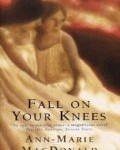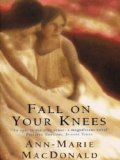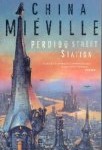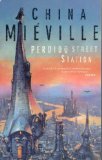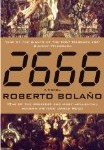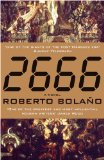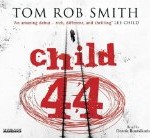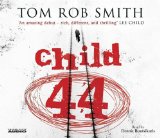< ?php echo amazonim('1857989384'); ?>Winner of the Nebula Award 1966
< ?php echo amazon('1857989384','Flowers for Algernon ‘); ?> was originally published as a short story which won the 1960 Hugo Award for best short fiction. It was later expanded to produce this fantastic piece of science fiction.
The book introduces us to Charlie, a 30-year-old man with a very low IQ. He is mocked by society, but his intelligence is such that he is unaware of the cruelty. Charlie yearns to be like everyone else – to able to read and write fluently, and to be successful. One day he is given the chance to make this happen when he is offered a place on a groundbreaking new experiment, which has the potential to turn him into a genius.
The book is written in the form of Charlie’s diary, so we are able to follow the changes in his intelligence by noting the quality of his spelling, grammar and comprehension. I thought that this showed an outstanding quality of writing. I found myself studying the differences in text on neighbouring pages and being very impressed by the subtle changes that were taking place. The personal nature of the diary also meant that it was easy to connect with Charlie – he is such a fantastic character that it was impossible not to fall in love with him
This is an amazing book and I was gripped from beginning to end. It was thought-provoking throughout, covering issues from the importance of intelligence, to what is needed to be happy. There was the odd occasion when I felt the text over-stepped the mark and lectured the reader, telling me things that I should have been shown, but I’m willing to forgive this, as the quality of the rest of the book was so high, and the messages that the text was conveying were very important.
How strange it is that people of honest feelings and sensibility, who would not take advantage of a man born without arms or legs or eyes – how such people think nothing of abusing a man born with low intelligence.
The book takes you on an emotional roller coaster, which left me thinking about it for hours. I am sure that the powerful, original plot will remain with me for many years to come.
If you think that you don’t enjoy science fiction, then I challenge you to read this book and still say that.
Flowers for Algernon has just become one of my all-time favourite reads and I highly recommend it.
![]()
I chose this book for our London book group. We all loved it! Savidge Reads, Reading Matters and Novel Insights have also written wonderful reviews.

